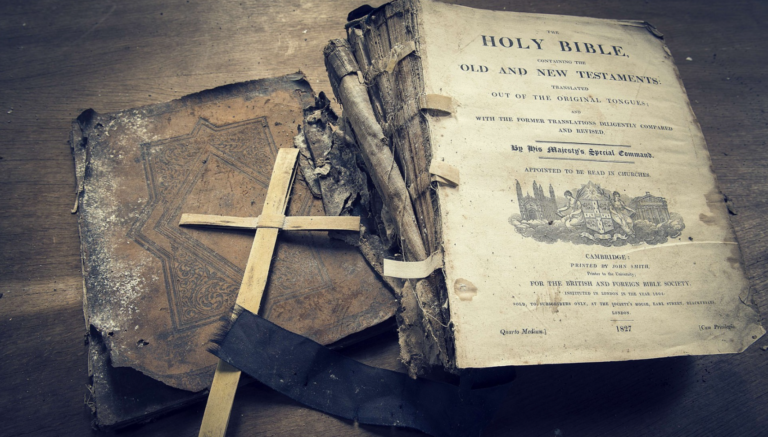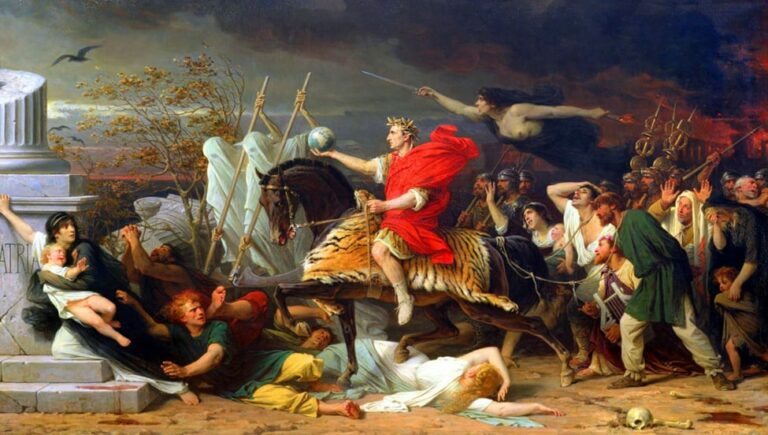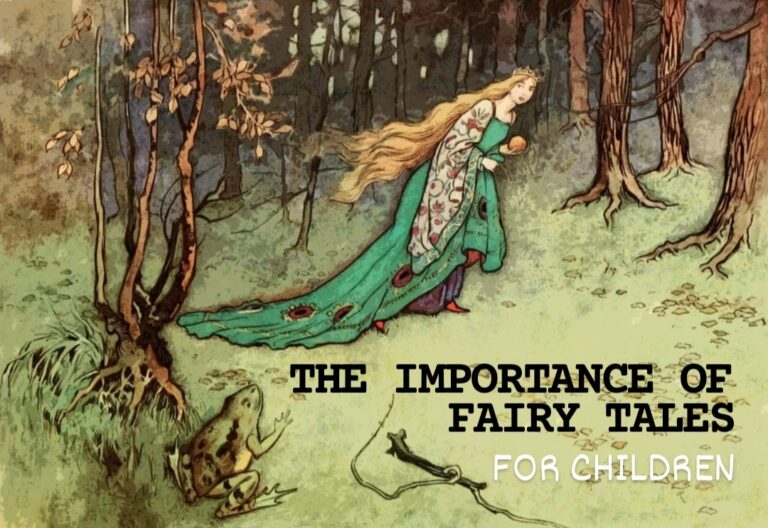Great Books of Christianity: The Modern Era

by ThinkingWest The most challenging period in which to select the great books of Christianity is the modern era. The sheer volume of Christian literature produced in the last two centuries makes extracting out “the best” a difficult task. Moreover,…







